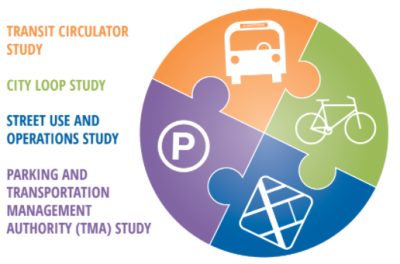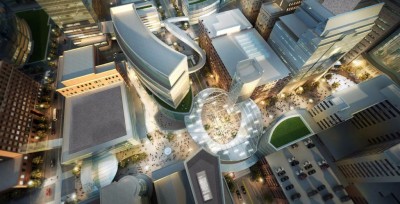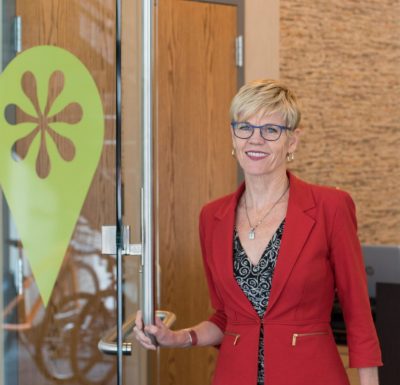
Rochester – A City on the Move
2019 will be a milestone year in the Destination Medical Center (DMC) district. From innovation to renovation, the growth happening in downtown Rochester is impressive. There are nine developments opening this year in the DMC district.
Among them are several DMC-supported projects, including:
- Downtown Hilton
- New parking ramp
- One Discovery Square Life Science Center
- Urban on First apartments
- Hotel Indigo
- Wells Fargo renovation
In addition, Residence at Discovery Square apartments and the Ronald McDonald House expansion will debut.
Plus, a community treasure will experience a rebirth. Chateau Theatre, a Rochester institution, will re-open so residents and visitors to Rochester can experience new entertainment offerings in the Heart of the City. The Destination Medical Center Corporate (DMCC) Board and the Rochester City Council committed $1.1 million for this renovation.
This growth is energizing, bringing new living choices, hospitality and increased opportunities for startup businesses, and it’s just the beginning. With the increased density from new housing options in downtown Rochester, DMC will be collaborating with community partners to develop a retail, dining and entertainment strategy to ensure a robust and vibrant downtown for all to enjoy.
DMC is committed to a long-term transportation solution for downtown. This year, the DMCC Board and the Rochester City Council will move forward with selecting mobility hub locations and a circulator route to ensure fast, convenient and reliable transportation to and through downtown and assist in parking availability for residents, employees, students, patients and visitors in the future.
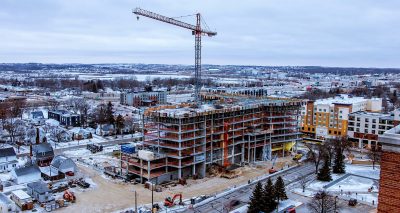 This is exciting, and we are less than five years into the implementation of the DMC development plan. We have learned a lot and look forward to what the next five years will bring.
This is exciting, and we are less than five years into the implementation of the DMC development plan. We have learned a lot and look forward to what the next five years will bring.
We appreciate the support of the community and the many partners who have contributed time and talent in support of DMC’s vision. Thank you.


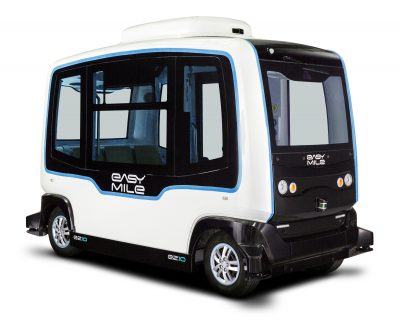
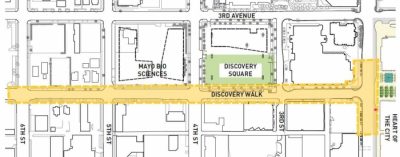

 A sustainable transportation model is pivotal to the success of the DMC vision. And from practical solutions like dedicated bus lanes to more futuristic ideas like driverless shuttles, the topic brought dozens of community members together for the first of four Public Conversations highlighting transit for Rochester’s downtown.
A sustainable transportation model is pivotal to the success of the DMC vision. And from practical solutions like dedicated bus lanes to more futuristic ideas like driverless shuttles, the topic brought dozens of community members together for the first of four Public Conversations highlighting transit for Rochester’s downtown.